The Scudamores are one of the bedrock families of jump racing. After being shot down and spending two years as a PoW, Geoffrey Scudamore trained racehorses in Herefordshire, including a Cheltenham Festival winner ridden by son Michael. Michael, one of the great horsemen of his day, won the 1957 Gold Cup on Linwell and the 1959 Grand National on Oxo. But in November 1966 a horse slipped up: a punctured lung, a broken jaw and cheekbone, a cracked skull and an eye injury forced him, too, to turn to training.
Michael’s son Peter was initially nervous of approaching the wired-up Martian-like figure who emerged from hospital. But his childhood identity came from his father’s riding: ‘Whenever I walked into a room, I was the son of Michael Scudamore who’d won the Grand National.’ He never considered any career but the one that made him eight times champion jockey. Scu, as the racing world knows him, was a game-changer, setting new standards of toughness, dedication and professionalism before retiring in 1993 with a then record total of 1,678 winners. In his autobiography Scu noted that son Thomas was eager to have time off school to watch his last day but not so son Michael: ‘He doesn’t like racing.’ Since then Tom, as tough as any on the course but the most articulate and approachable man in the weighing room, has been a top-flight jockey himself, riding more than 1,000 winners including the popular Thistlecrack. And the once-reluctant Michael? He is a successful trainer based in Herefordshire.
Before Michael Scudamore Senior died in 2014, a friend recorded hours of his memories. Guardian racing writer Chris Cook has done the same with Peter, Tom and Michael Junior and the skilfully woven result is The Scudamores: Three of a Kind (Racing Post, £25), a treasure trove of anecdotes and reflections that will give joy both to racegoers and future historians of the sport as we meet such characters as the racecourse official who brought in a whisky bottle to warm riders on a miserable day and the superstitious jockey who left a burning roll-up each time he went out to ride in the hope he would get back to finish it.
There was a time when wearing helmets was considered cissy and many veered across the line that separates bravery from foolhardiness. Scu once told me: ‘Concussion didn’t count. A collarbone was three days. We hid injuries because we didn’t understand the consequences. People like my father, who had come out of the war only a generation away, set such an example of toughness that you felt you had to show toughness too.’
He tells Chris Cook that he watches 99 per cent of Tom’s races: ‘I pick up the paper and think “What the fuck are you riding that for?” And I know Dad would think the same: “Cos you’re living it with them”…My first thought is “Has he finished”… If he hasn’t, is he hurt badly? And then you think “Bollocks. He’s got Thistlecrack coming up and I don’t want him losing the ride on that.” The emotion is there, then the jockey takes over. “Christ, you’ll miss a winner. You’ve twisted your knee, so what. Get up and ride the next one.”’ Tom will push a dislocated shoulder back in but goes to pieces watching his children showjumping.
Asked if he could have been champion in the eras of Fred Winter or A.P. McCoy, Scu insists: ‘I have no idea and I don’t care. You can only ride in your own.’ Tom is proud of the earlier Scudamores but insists: ‘At no point do I think “God, I’ve got that to live up to”. I’m in competition with Richard Johnson, Sam Twiston-Davies and Aidan Coleman; I’m not in competition with what Peter Scudamore did.’ These Scudamores respect tradition and ache for people to understand what makes jumping folk’s hearts beat but they live in the present. The one vital difference is the betting background.
Michael Scudamore Senior insisted that he would not ‘stop’ horses for bookmakers. But, ‘If a trainer told you to give a horse a quiet one you gave a horse a quiet run. That was what we accepted, never thinking we were defrauding the public. Horses had to be educated and a lot of horses got their education on the track.’ There was, Scu admits, a very narrow line between stopping and education but his father’s view was that once a horse had been placed it was public property and you had to do your best.
Then top jockeys like Scu, with the connivance of trainers, had ‘punters’: ‘They were London people, some were owners. You’d say, “This will win today”, and if you were right they’d give you a few quid.’ Some of those ‘punters’ on the Flat, says Tom, were members of the Jockey Club. But father and son agree that Tom simply could not afford to have punters: the arrival of spread betting and Betfair, enabling people to make money out of losers, has changed everything. The straightforward, thoughtful Scudamores remain part of what we don’t want changed.
Got something to add? Join the discussion and comment below.
Get 10 issues for just $10
Subscribe to The Spectator Australia today for the next 10 magazine issues, plus full online access, for just $10.
You might disagree with half of it, but you’ll enjoy reading all of it. Try your first month for free, then just $2 a week for the remainder of your first year.

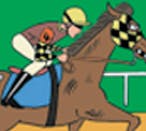
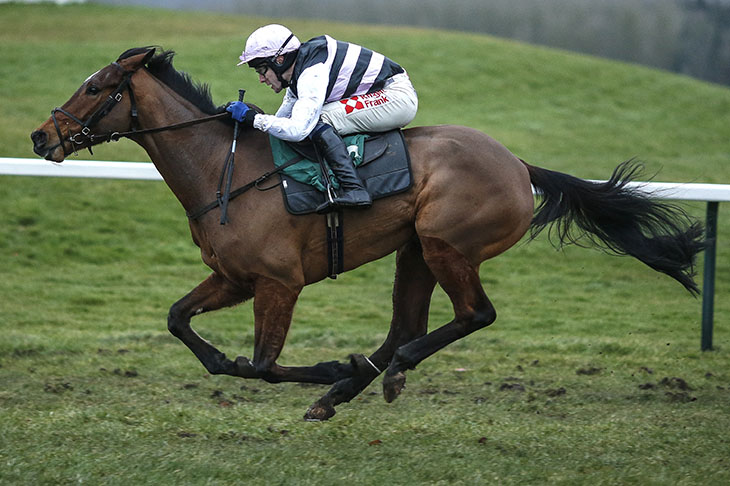
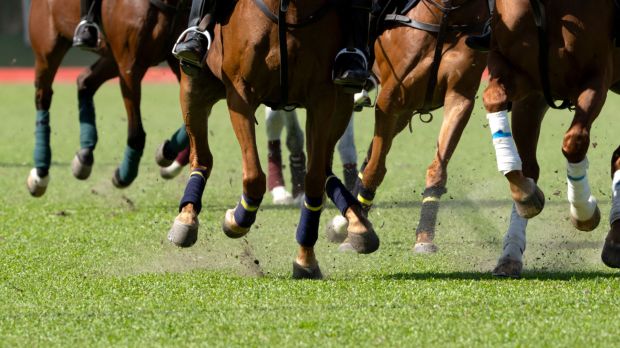
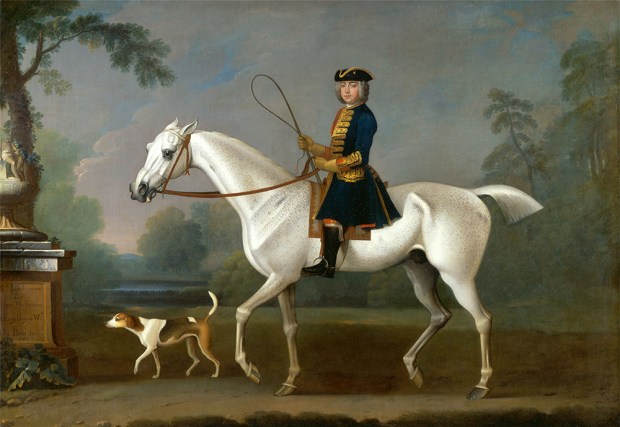
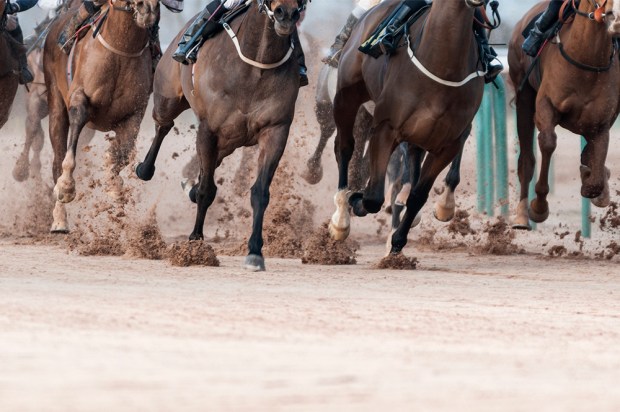
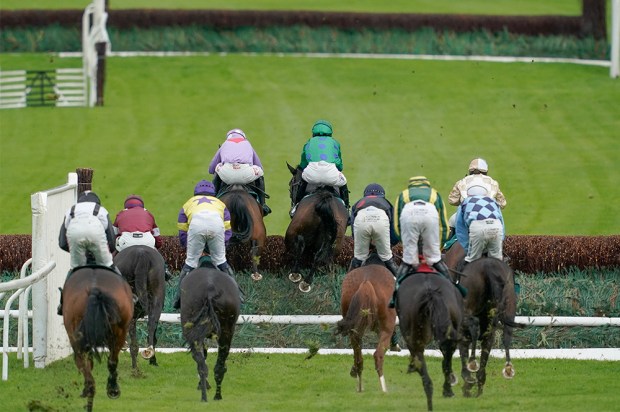
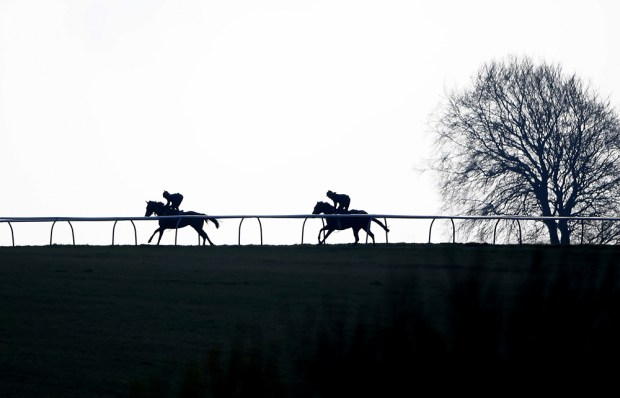
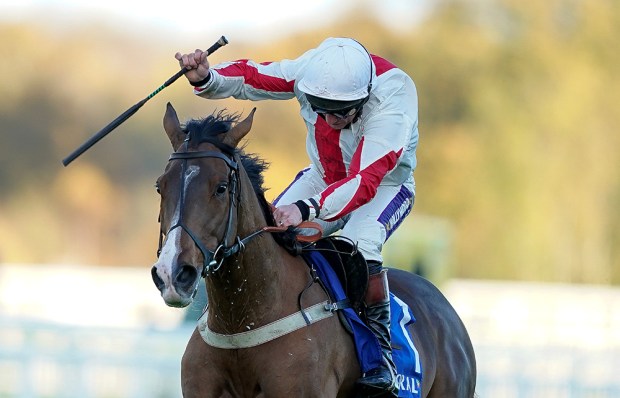






Comments
Don't miss out
Join the conversation with other Spectator Australia readers. Subscribe to leave a comment.
SUBSCRIBEAlready a subscriber? Log in